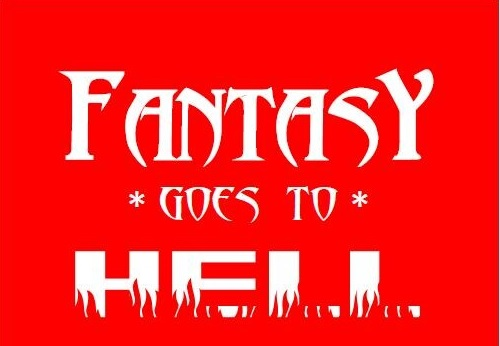Loading...
Event Website
https://www.mythsoc.org/oms/oms-2023.htm
Start Date
8-5-2023 6:30 PM
End Date
8-5-2023 7:20 PM
Description
Theories about the afterlife have been a constant fixation of humanity throughout history, illustrated through diverse mediums and genres. Literary and philosophical movements reflect and influence the shifts between the worldviews of traditional and modern writers. In comparing Michael Schur’s sitcom The Good Place with Dante Alighieri’s Inferno, this paper demonstrates how the writer’s depictions of torture and punishment reflect their respective positions on philosophical concepts of the human self. Through the lens of the mind-body problem proposed by Rene Descartes, I analyze how the relationship between the mind and body in the afterlife is explored in each depiction. Dante’s Inferno primarily depicts physical torture in accordance with the Catholic belief of the resurrection of the body, inferring the torture of the whole being through the body. The Good Place portrays a dualistic hell that parallels the human experience by including and focusing on the mind and mental states in torture and punishment. The characters are placed in emotionally and mentally stressful situations rather than just physically painful situations. I propose that a dualistic portrayal of hell mirrors the modern human experience, providing a means to express and cope with the fears surrounding the question of what happens after death.
Creative Commons License

This work is licensed under a Creative Commons Attribution-NonCommercial-No Derivative Works 4.0 International License.
Included in
Children's and Young Adult Literature Commons, Comparative Literature Commons, Digital Humanities Commons, European Languages and Societies Commons, Literature in English, Anglophone outside British Isles and North America Commons, Literature in English, British Isles Commons, Literature in English, North America, Ethnic and Cultural Minority Commons, Medieval Studies Commons, Modern Languages Commons, Modern Literature Commons, Other English Language and Literature Commons
The Good, the Bad, and the Mind-Body Problem: Dualistic Punishment and Torture in The Good Place
Theories about the afterlife have been a constant fixation of humanity throughout history, illustrated through diverse mediums and genres. Literary and philosophical movements reflect and influence the shifts between the worldviews of traditional and modern writers. In comparing Michael Schur’s sitcom The Good Place with Dante Alighieri’s Inferno, this paper demonstrates how the writer’s depictions of torture and punishment reflect their respective positions on philosophical concepts of the human self. Through the lens of the mind-body problem proposed by Rene Descartes, I analyze how the relationship between the mind and body in the afterlife is explored in each depiction. Dante’s Inferno primarily depicts physical torture in accordance with the Catholic belief of the resurrection of the body, inferring the torture of the whole being through the body. The Good Place portrays a dualistic hell that parallels the human experience by including and focusing on the mind and mental states in torture and punishment. The characters are placed in emotionally and mentally stressful situations rather than just physically painful situations. I propose that a dualistic portrayal of hell mirrors the modern human experience, providing a means to express and cope with the fears surrounding the question of what happens after death.



Comments
SESSION VII
6:30 PM—7:20 Eastern
5:30 PM—6:20 Central
4:30 PM—5:20 Mountain
3:30 PM—4:20 Pacific
10:30 PM—11:20 GMT